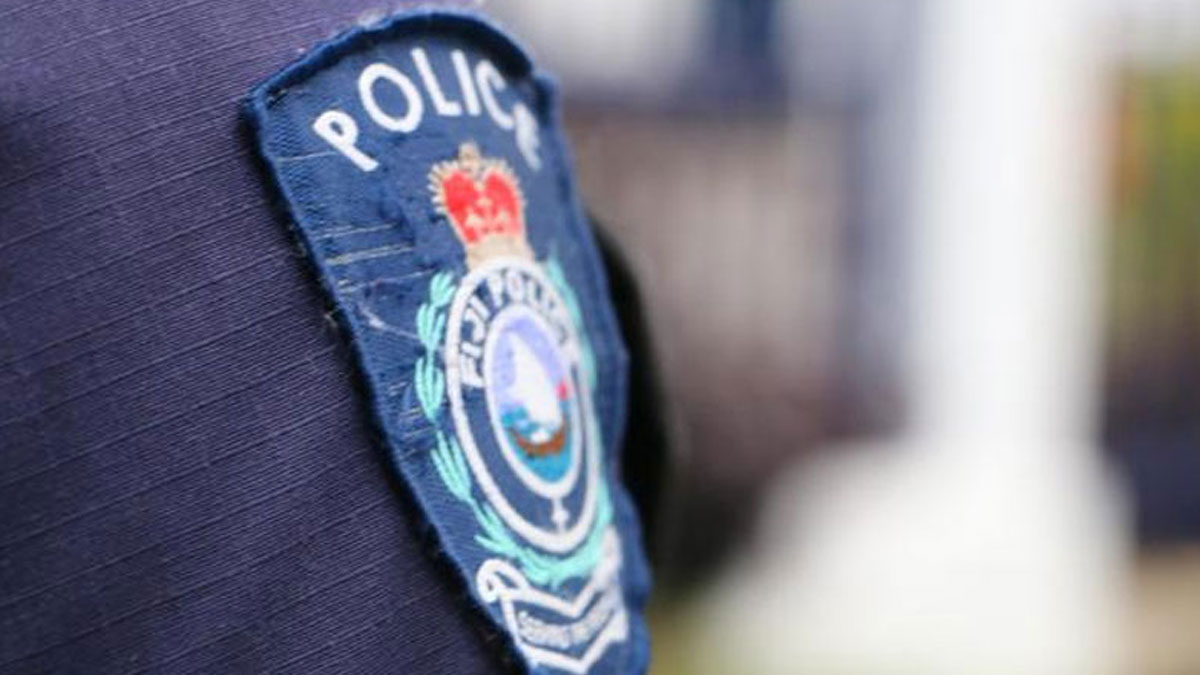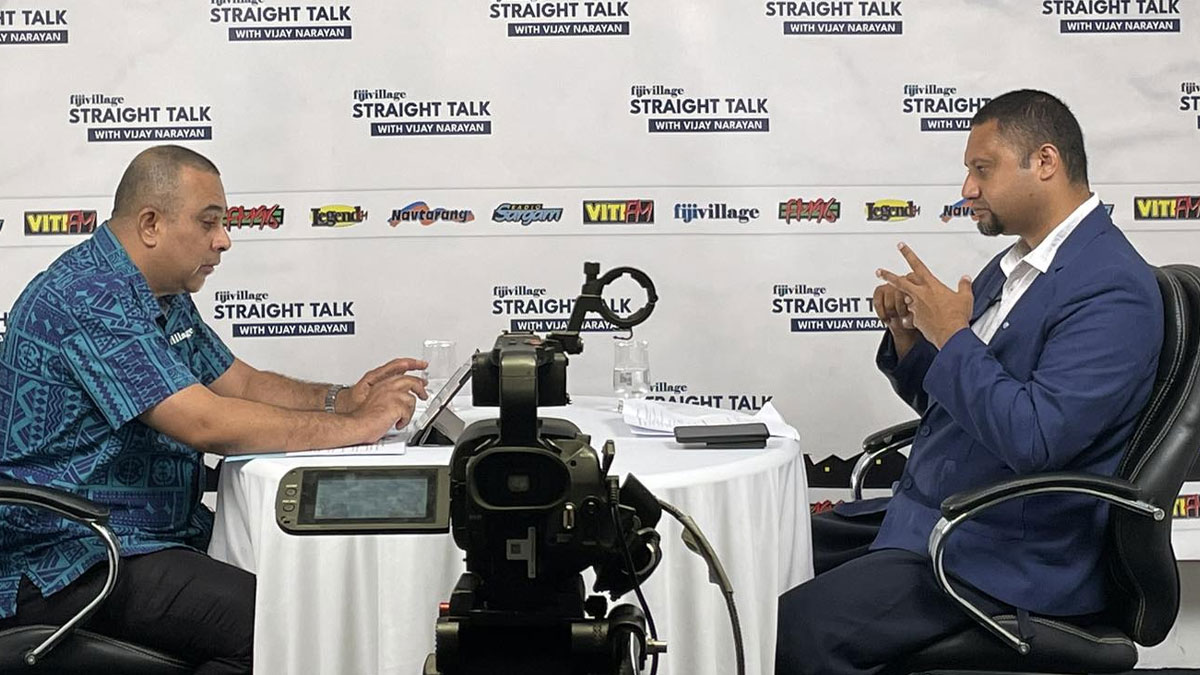
As work continues on strengthening our systems and laws relating to human trafficking, Police have opted not to make any comments on the National Action Plan being discussed.
The US State Department’s 2022 Trafficking in Persons Report Fiji says that reports indicate children as young as 12 years old were exploited in sex trafficking, including to purchase food and other essentials for their families.
It says traffickers exploit women and children from Fiji and People’s Republic of China in massage parlors and brothels, particularly in Suva.
The US report says in some cases, massage parlor owners arrange for female Fijian employees to engage in commercial sex acts with clients in local hotels and brothels.
It adds foreign yacht owners and foreigners hiring locally-owned yachts dock in rural islands and seek young women, usually children, for marriage; some of these women and children subsequently become at risk to forced labour or sex trafficking.
The trafficking in persons report says taxi drivers or other facilitators transport Fijian child sex trafficking victims to hotels in popular tourist areas or to private yachts at the request of foreign tourists seeking commercial sex acts.
It says that as reported over the past five years, human traffickers exploit domestic and foreign victims in Fiji, and traffickers exploit victims from Fiji abroad.
The report says family members, taxi drivers, foreign tourists, businessmen, crew on foreign fishing vessels, and other traffickers have allegedly exploited victims from Thailand and the People’s Republic of China, as well as Fijian women and children, in sex trafficking.
The US report says traffickers exploit victims in illegal brothels, local hotels, private homes, and massage parlors, and traffickers sometimes utilize websites and cell phone applications to advertise victims for commercial sex.
It further says some Fijian children are at risk of sex and labour trafficking as families follow a traditional practice of sending them to live with relatives or families in larger cities, where they may be subjected to domestic servitude or coerced to engage in sexual activity in exchange for food, clothing, shelter, or school fees.
The report adds Fijian children are at risk for forced labour in agriculture, retail, or other sectors.
It says rising levels of poverty also contribute to increased risks of Fijian children being exploited in commercial sex and forced labour.
Some Fijian men also reportedly marry women from Nepal and Pakistan and subject them to domestic servitude in Fiji.
The US report reveals that labour traffickers exploit workers from South and East Asian countries in small, informal farms and factories, and in construction.
Victims of forced labour experience threats of violence, passport confiscation, debt-based coercion, excessive working hours, and abusive living and working conditions. It says Fijian workers in Australia and New Zealand are at risk of labour trafficking.
Reports indicated low-level official complicity impeded anti-trafficking efforts.
Corruption among some officials prevented the investigation of trafficking, including in Chinese operated brothels.
In addition, immigration officials allegedly took action that indirectly facilitated or enabled human trafficking.
Stay tuned for the latest news on our radio stations


